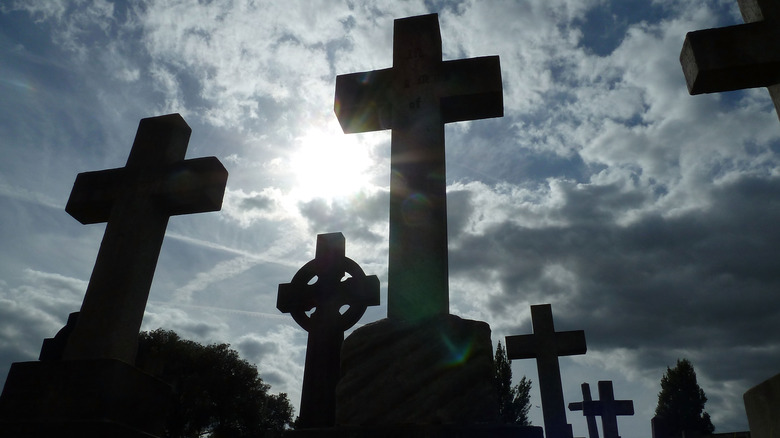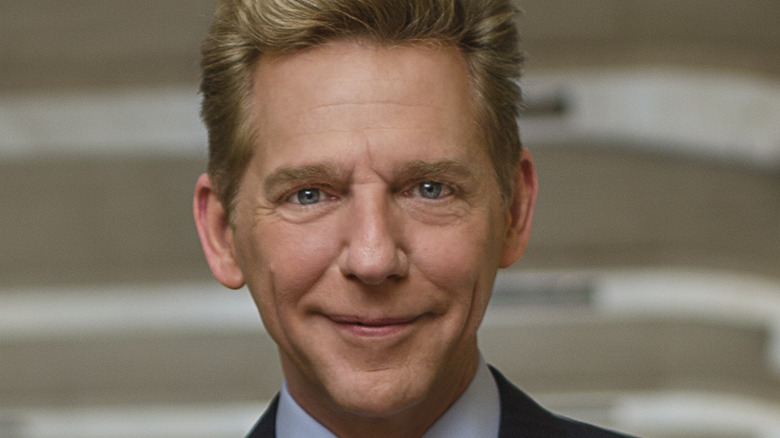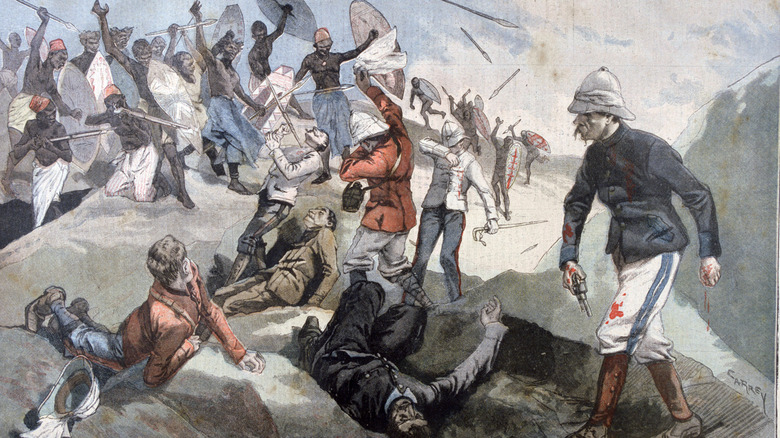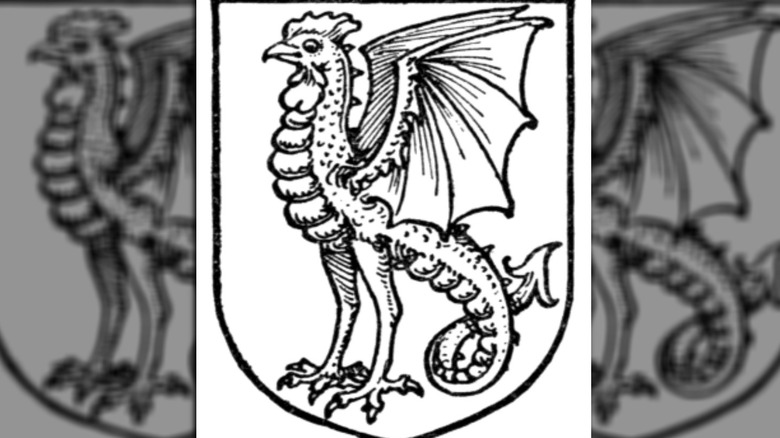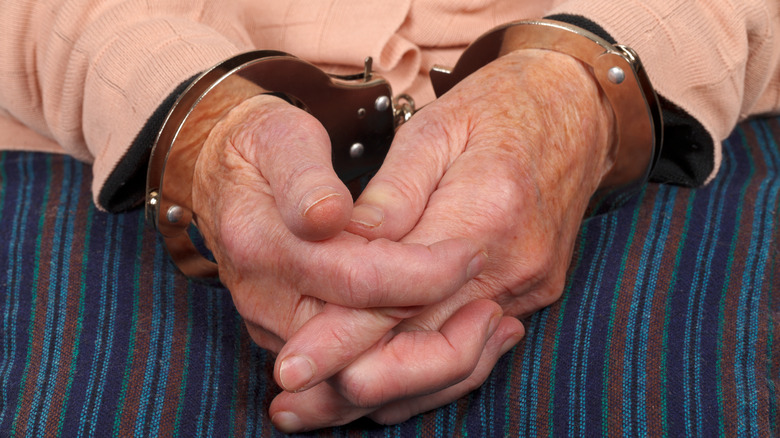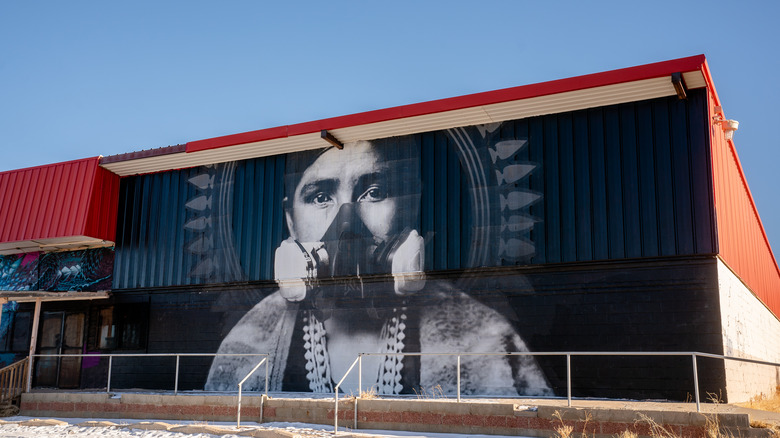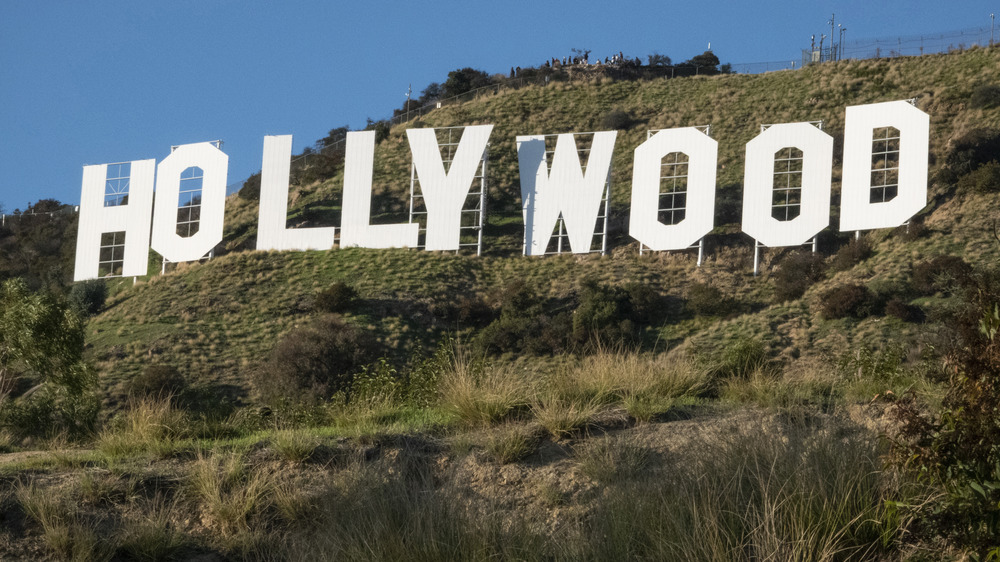
Why Some People Believed The Black Death Was A Divine Punishment
Before the Black Death (or rather, the specific wave called that) finally abated, it claimed a horrifying number of lives. According to History, the Black Death arrived in Europe in 1347 and killed anywhere between 25 and 50 million people in just five years. On top of the devastating death toll, though, another factor must be considered: Not only did the people of the 14th century feel powerless against the disease, but like the victims of Vesuvius’ eruption in 79 A.D., they couldn’t comprehend what was happening.
Volcanoes were believed to be the work of Vulcan, Roman mythology’s blacksmith god of fire. Similarly, many in the Middle Ages believed that the Black Death had been inflicted on them as a divine punishment.
To examine this belief, the state of medieval medicine must be considered. As the CDC reports, bubonic plague can be treated today through antibiotics, such as fluoroquinolones, but the people of medieval Europe knew nothing of germs and antibiotics (and precious little of personal hygiene). As World History Encyclopedia puts it, a variety of curious “cures” were tried, including “potions, fumigations, bloodletting [and] pastes… most of which were ineffective and some of which were fatal.” Another popular belief was that faith and prayer could defeat the Black Death, even if it had been inflicted on the people by their God.
Piety versus plague
The Christian religion dominated the lives of people from all walks of life in the Middle Ages. Being deeply pious, society believed that all good fortune was a result of God’s bounty, while, per King Richard III’s Visitors Center, “the prevailing view of the time was that most illnesses were a punishment for sin from God.” The Black Death was no exception.
Generally, monks and nuns with limited backgrounds in medical training were the doctors and nurses of the time, and churches were the hospitals. In this setup, “the whole concept of healing was subordinate to religious practice and doctrine. Spiritual healing was more important than physical healing.” Faced with a deadly disease they had no hope of curing, the priority was tending to the souls of the ill, and by so doing, perhaps earning God’s forgiveness.
In short, the belief that the Black Death was, per History, “retribution for sins against God such as greed, blasphemy, heresy, fornication and worldliness” was a natural conclusion to draw, based on both the universality of the Catholic faith in European society and its very limited medical knowledge.

This President Appointed The Most Supreme Court Justices
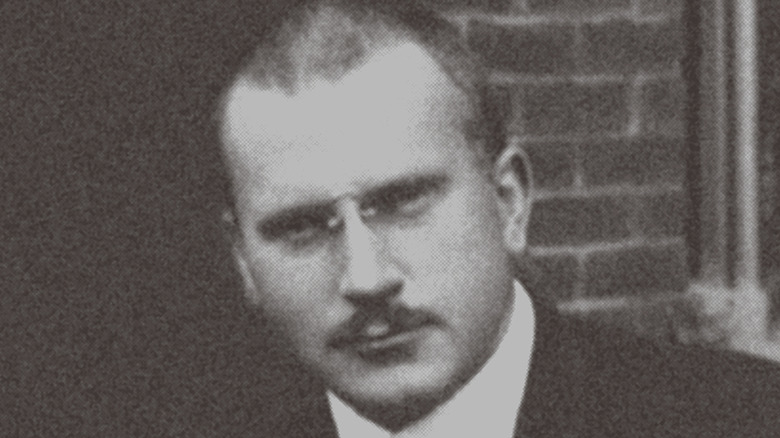
How Carl Jung Helped Inspire Alcoholics Anonymous

The Two Wars That Contributed To The Existence Of M&Ms
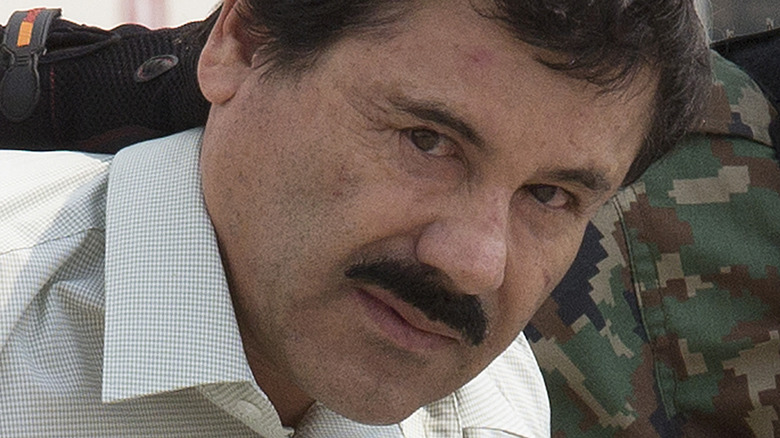
Here's What We Know About El Chapo's Secret Underground Tunnels

Here's How Many Victims Ned Kelly Really Had

The Untold Truth Of The Everly Brothers
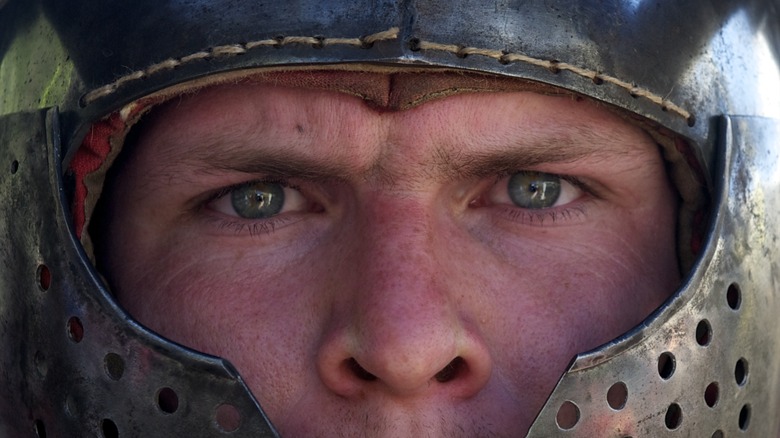
Everything Movies Get Wrong About Being A Knight
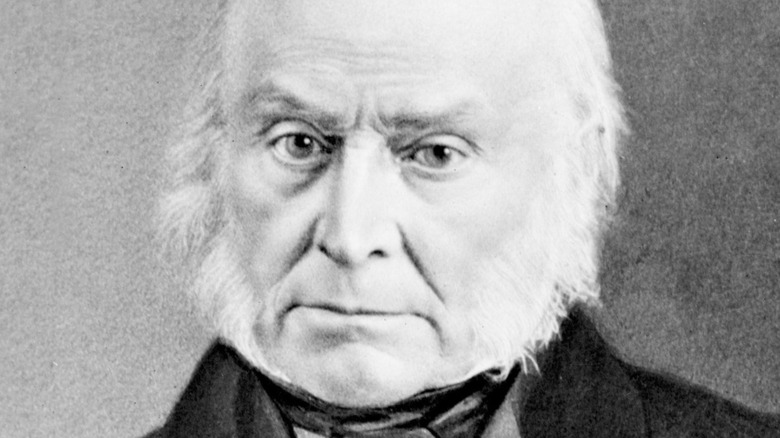
Stories From History That Sound Fake But Are Completely Real
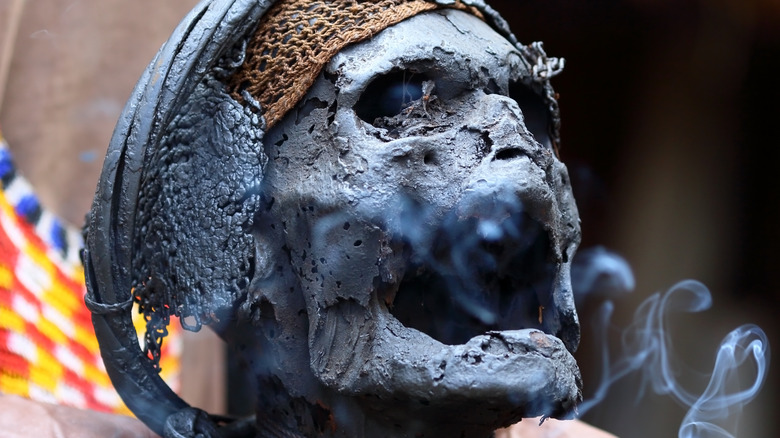
Bizarre Funeral Customs From Around The World

Britain's Order Of The Garter Explained
